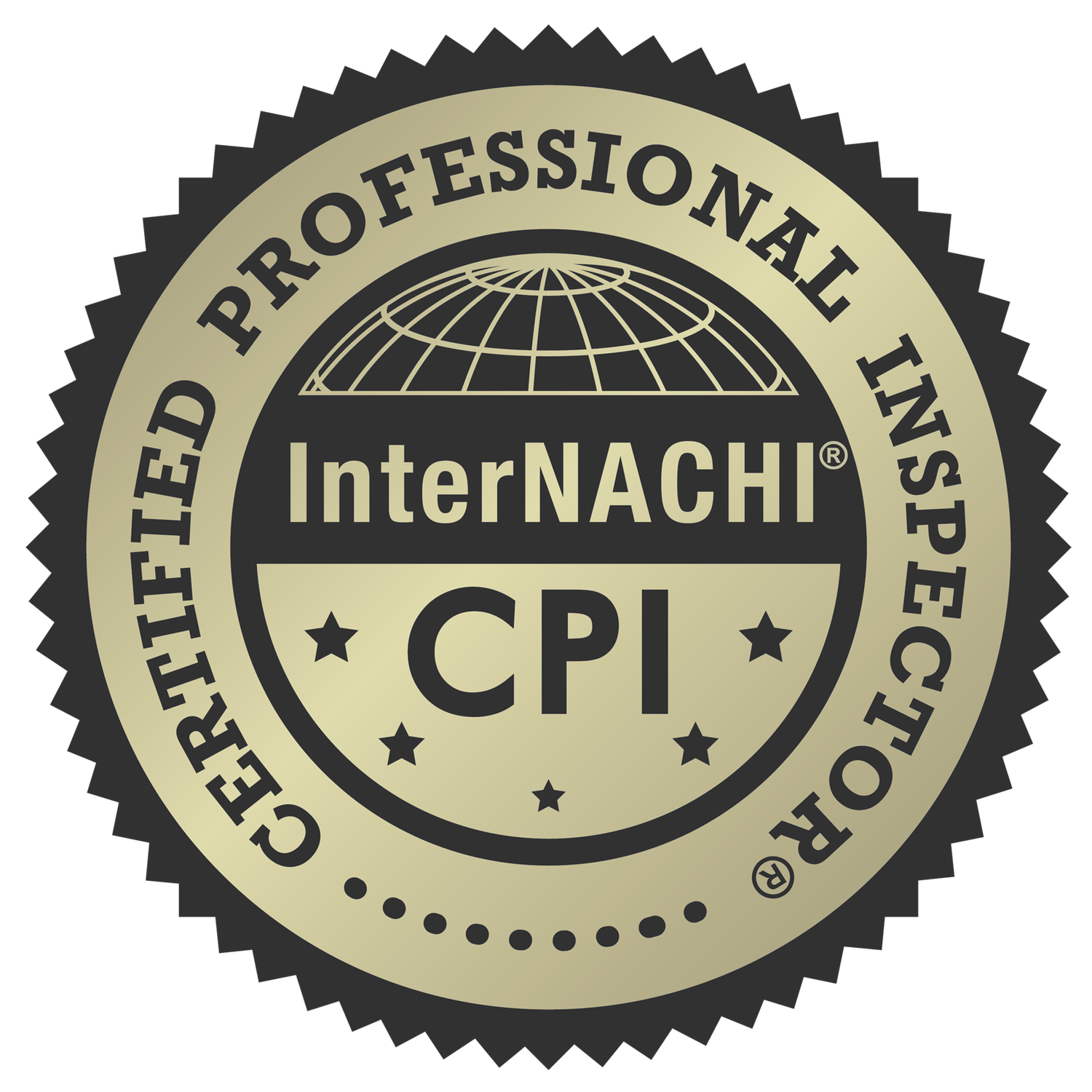AB 2801: New California Security Deposit Rules Every Landlord Must Know (Effective 2025)
California’s AB 2801 (Friedman) introduces major reforms to how landlords handle security deposits for residential properties. With new compliance requirements starting in 2025, this guide will help landlords and property managers stay on the right side of the law.
Key Takeaways at a Glance
✅ Move-out photo documentation starts April 1, 2025
✅ Move-in photos required for new leases starting July 1, 2025
✅ Strict limits on cleaning and repair deductions
✅ No automatic professional cleaning charges
✅ Initial inspection locks in what you can deduct
✅ Violations can lead to full forfeiture of the deposit + damages
What AB 2801 Means for You
AB 2801 updates California Civil Code §1950.5 to increase transparency and prevent landlords from using security deposits for upgrades or costs associated with normal wear and tear. Landlords must document everything and only deduct what is necessary to return the unit to the move-in condition (excluding ordinary wear).
Only Deduct for Actual Damage Beyond Wear & Tear
You may only deduct from the deposit for:
Unpaid rent
Damage beyond ordinary wear and tear
Excessive dirtiness beyond original cleanliness
Lost or damaged personal property (if allowed by lease)
You may NOT deduct for:
Normal fading, scuffs, or wear from living
Damage that existed before the tenant moved in
Cumulative wear over multiple tenancies
Restoration, not renovation. Deposits are not for upgrades, remodels, or general improvements.
No Automatic Cleaning Fees
AB 2801 bans mandatory professional cleaning charges unless clearly needed. For example:
You can’t charge a tenant for carpet shampooing just because your lease says so.
You can charge if the tenant left deep stains or filth requiring professional cleaning – but only if it goes beyond normal wear.
Initial Inspection Now Sets Your Deduction Limits
If a tenant requests a pre-move-out inspection, any cleaning or repair not listed in the inspection report can’t be charged later (unless hidden by the tenant’s possessions or caused after the inspection).
➡️ Action Step: Conduct thorough initial inspections and provide a written, itemized list of issues to fix.
Required Photo Documentation
Starting April 1, 2025:
Take move-out photos after tenant vacates but before cleaning or repairs
Take post-repair photos once work is completed
Starting July 1, 2025:
Take move-in photos for all new leases
📁 All photos must be:
Time-stamped
Included with the itemized deposit statement
Shared via mail, email, flash drive, or secure link
What to Include in Your 21-Day Deposit Return
Within 21 days of move-out, you must provide:
✅ Itemized list of all deductions
✅ Receipts, invoices, or estimates for repairs and materials
✅ Photos (before & after) of each repair/cleaning
✅ Written explanation of all charges
💡 Exception: If total deductions are under $125, documents aren’t required unless the tenant requests them.
⚠️ Non-Compliance = Big Consequences ⚠️
If you fail to comply in bad faith, you may:
❌ Lose the right to any of the deposit
💸 Owe the tenant up to 2x the deposit in damages
🏛️ Be sued in small claims court
Always keep photo logs, receipts, and written justifications ready in case of dispute.
📅 Key Compliance Dates
📆 Required move-out photos start: April 1, 2025
📆 Required move-in photos for new leases: July 1, 2025
🛠️ Compliance Tips for Landlords & Property Managers
✅ Update your lease templates – remove outdated clauses about automatic cleaning charges
✅ Train your property team – everyone should know how and when to take photos
✅ Create a system for storing photos and receipts
✅ Conduct thorough inspections and document everything
✅ Use email or links to send deposit docs if agreed with the tenant
Final Thoughts
AB 2801 creates a new standard for rental transparency. While it requires more documentation, it protects both landlords and tenants from deposit disputes. By adopting the practices now, you’ll be compliant, reduce risk, and build trust with tenants.
Have questions or need help with rental inspections? Contact PrimeVantage Home Inspection – your trusted partner in property protection.
